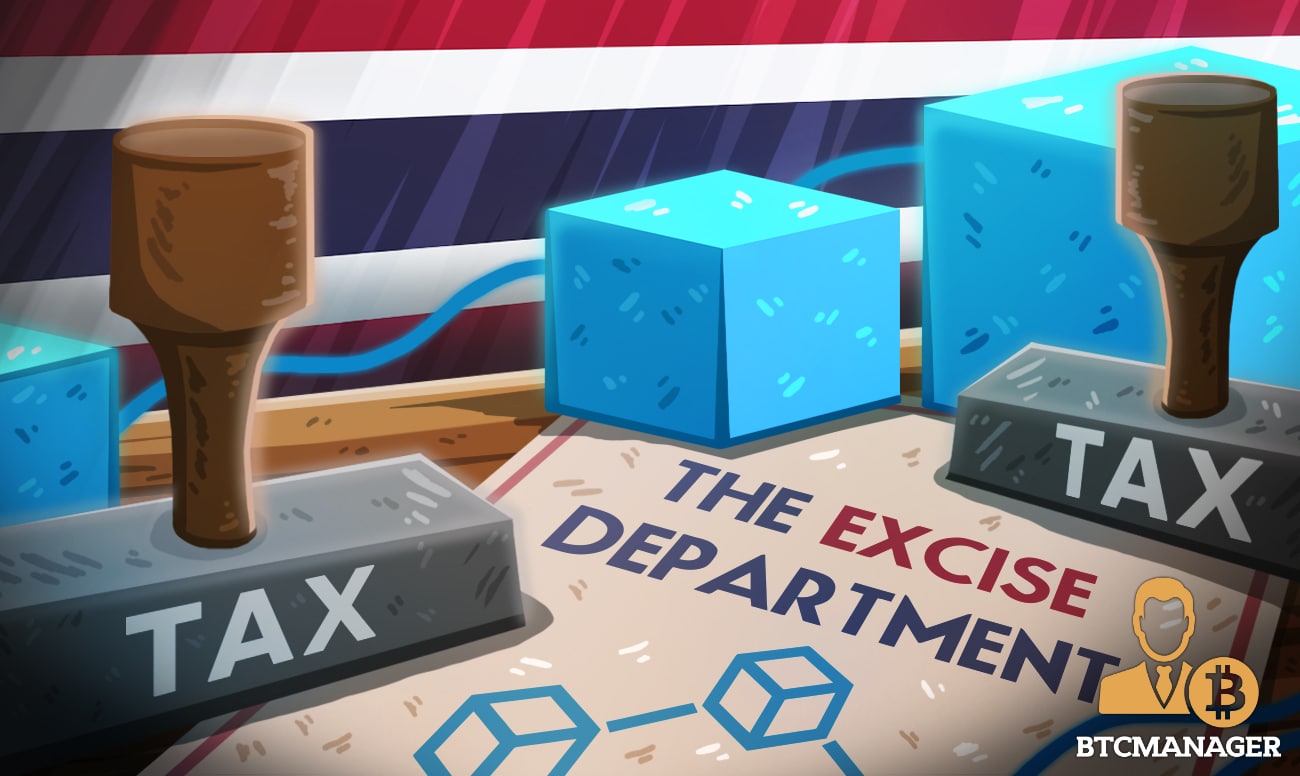Thai Tax Collector Eyes Blockchain Adoption for Improved Revenue Collection

Rather than raise taxes, Thailand’s Excise Department is looking to adopt blockchain technology for improved tax collection. The move is part of plans to enhance Thailand’s internally generated revenue (IGR) metrics as the country moves towards more sustained economic recovery.
Blockchain Tax Collection System Coming in 2021
According to the Bangkok Post on Monday (Dec. 7, 2020), Thailand’s Excise Department plans to deploy blockchain technology in its revenue collection activities for the 2021 fiscal year. The move to utilize the novel tech comes as the Excise Department is working towards its 530 billion baht ($17.5 million) revenue collection target for fiscal 2021.
For Lavaron Sangsnit, director-general of the Fiscal Policy Office, blockchain-based tax collection will help to improve Thailand’s revenue collection efforts. According to Sangsnit, such a move is preferable to raising taxes even as Thailand is on the road to economic recovery.
The coronavirus pandemic has seen a significant economic slowdown for the country. Revenue from travel and tourism has also taken a massive hit as is the case across Southeast Asia where the travel industry is a major GDP contributor.
Commenting on the planned adoption of blockchain technology in tax collection, Sangsnit opined:
“Blockchain technology will help identify the price, import duty, and tax liability of each imported product. The technology can help thoroughly assess revenue collection for each department and integrate revenue collection of the three government departments into a single database.”
Sangsnit also remarked that blockchain technology will help to combat tax evasion. Indeed, all tax collection agencies in the country plan to interface with each other to prevent the emergence of any blind spots or areas of regulatory arbitrage concerning the plan to utilize the novel tech in 2021.
Broader Blockchain Adoption for Tax Purposes
Utilizing blockchain adoption for revenue collection constitutes another example of the broadening scope of decentralized technology in the tax process. Typically, most of the adoption cases tend to revolve around allowing citizens to pay taxes using cryptocurrencies.
Indeed, the Swiss Canton of Zug greenlit such a move back in September. In the US, states like Ohio and New Hampshire allow residents to pay their taxes in cryptos as well.
As previously reported by BTCManager Venezuelan officials were mulling the use of the country’s controversial Petro “coin” for the collection of state taxes.














